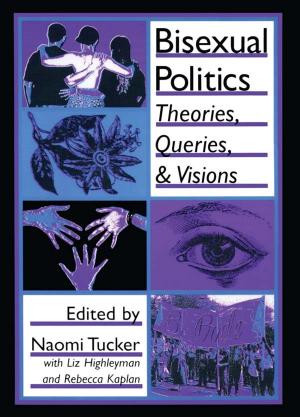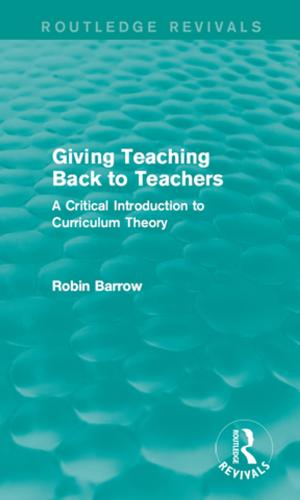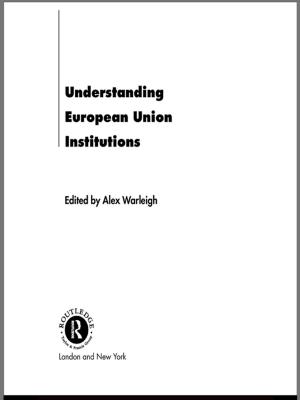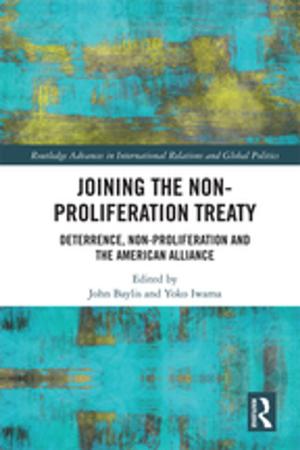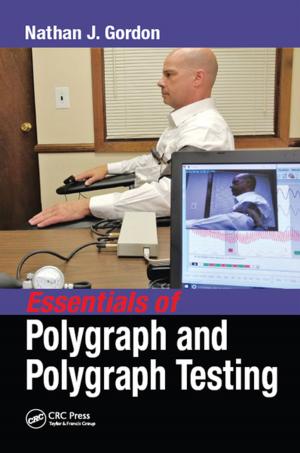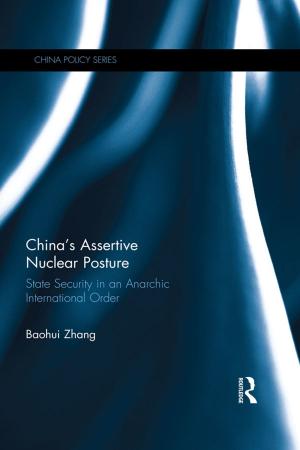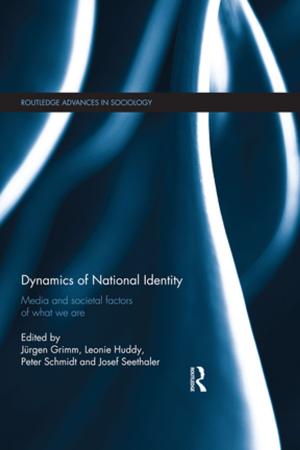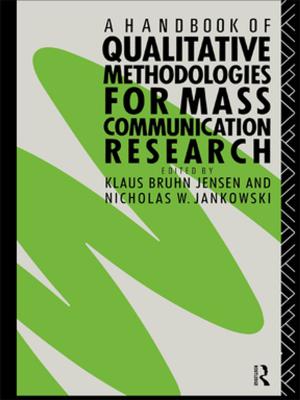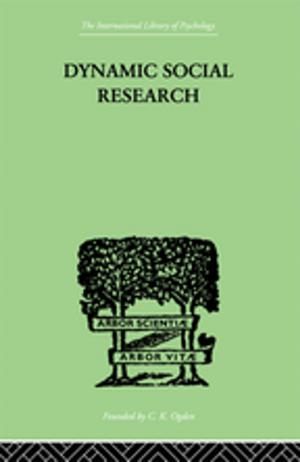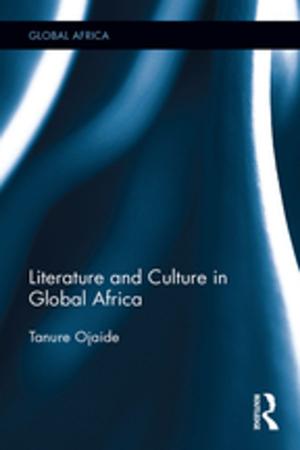| Author: | Stephen R L Clark | ISBN: | 9781134800063 |
| Publisher: | Taylor and Francis | Publication: | January 28, 2008 |
| Imprint: | Routledge | Language: | English |
| Author: | Stephen R L Clark |
| ISBN: | 9781134800063 |
| Publisher: | Taylor and Francis |
| Publication: | January 28, 2008 |
| Imprint: | Routledge |
| Language: | English |
Immortality is a subject which has long been explored and imagined by science fiction writers. In his intriguing new study, Stephen R.L.Clark argues that the genre of science fiction writing allows investigation of philosophical questions about immortality without the constraints of academic philosophy. He reveals how fantasy accounts of issues such as resurrection, disembodied survival, reincarnation and devices or drugs for preserving life can be used as an important resource for philosophical inquiry and examines how a society of immortals might function through a reading of the vampire myth.
How to Live Forever is a compelling study which introduces students and professional philosophers to the possibilities of using science fiction in their work. It includes extensive suggestions for further reading, both fictional and philosophical, and examines the work of such major science fiction authors as Arthur C. Clarke, Frank Herbert, Larry Niven, William Gibson, and Colin Wilson.
Immortality is a subject which has long been explored and imagined by science fiction writers. In his intriguing new study, Stephen R.L.Clark argues that the genre of science fiction writing allows investigation of philosophical questions about immortality without the constraints of academic philosophy. He reveals how fantasy accounts of issues such as resurrection, disembodied survival, reincarnation and devices or drugs for preserving life can be used as an important resource for philosophical inquiry and examines how a society of immortals might function through a reading of the vampire myth.
How to Live Forever is a compelling study which introduces students and professional philosophers to the possibilities of using science fiction in their work. It includes extensive suggestions for further reading, both fictional and philosophical, and examines the work of such major science fiction authors as Arthur C. Clarke, Frank Herbert, Larry Niven, William Gibson, and Colin Wilson.

